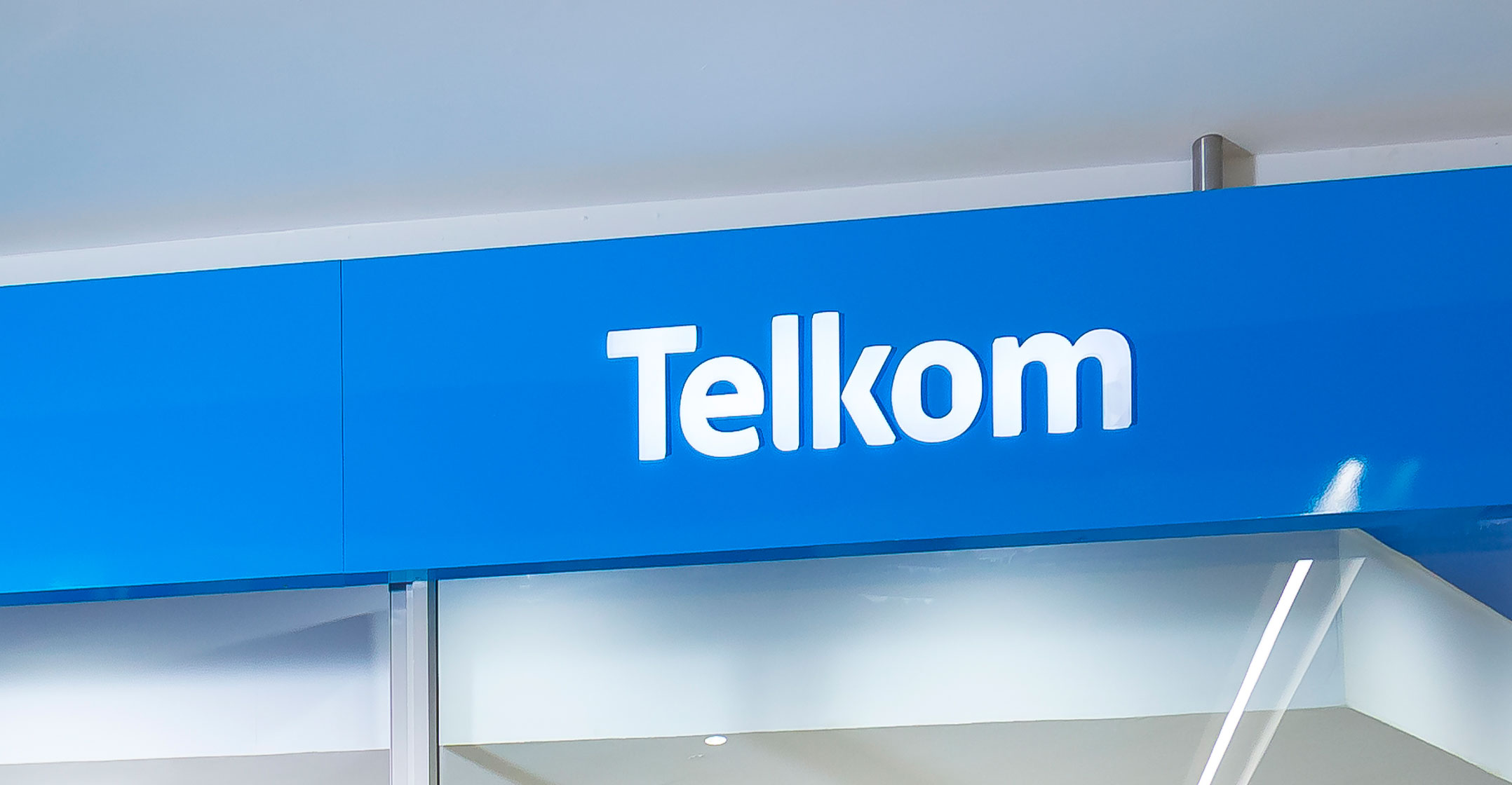 The supreme court of appeal in Bloemfontein has refused to entertain an application from Telkom seeking leave to appeal a high court judgment that handed victory to rival Vodacom over the use of Telkom’s ducts used to carry broadband cables.
The supreme court of appeal in Bloemfontein has refused to entertain an application from Telkom seeking leave to appeal a high court judgment that handed victory to rival Vodacom over the use of Telkom’s ducts used to carry broadband cables.
In an order dated 17 March and seen by TechCentral on Tuesday, the supreme court ruled that Telkom’s application for leave to appeal is “dismissed with costs on the grounds that there is no reasonable prospect of success in an appeal and there is no other compelling reason why an appeal should be heard”.
The court’s decision not to allow an appeal of the high court judgment is a significant blow to Telkom, which is fighting to prevent other telecommunications operators from using its ducts – typically plastic tubes containing copper cables – to deploy infrastructure into residential and commercial buildings and estates.
In the earlier judgment handed down on 15 August 2020 in the case brought by Telkom against communications regulator Icasa and Vodacom, high court judge Neil Tuchten found no basis to the operator’s claim that the regulator erred in allowing Vodacom access to Telkom’s telecoms ducts in various housing estates in the Western Cape. This came after the supreme court also found in favour of Vodacom, and against Telkom, in a related case heard in 2019.
The supreme court’s decision to refuse Telkom’s application for leave to appeal the high court judgment looks set to have far-reaching implications for the telecoms sector and could prompt a flood of applications from companies seeking access to ducts owned by other telecoms providers.
The background
In its application to the high court, Telkom had sought to review and set aside a decision made by Icasa in 2018 that under section 43 of the Electronic Communications Act, a request by Vodacom to lease access to Telkom ducts in 15 housing estates in the Western Cape was reasonable. Section 43 of the act deals with the leasing of facilities between licensed operators.
The dispute began in August 2015 when Vodacom wrote to Telkom asking it to lease to it space in the ducts in the 15 estates so it could run fibre cabling through them and connect residents to the Internet. Telkom refused.
Vodacom then approached Icasa for clarity and to investigate the matter. In October 2017, in a preliminary report, the regulator concluded that there was sufficient space in most of the existing ducts for additional installations, while keeping 25% spare capacity for “cable kinks and crossovers”.
 Icasa concluded that in 13 of the 15 estates in question, further roll-out of fibre services was technically feasible. It concluded that it was “generally technically feasible” for Telkom to lease space in the ducts.
Icasa concluded that in 13 of the 15 estates in question, further roll-out of fibre services was technically feasible. It concluded that it was “generally technically feasible” for Telkom to lease space in the ducts.
The authority concluded in its preliminary report that it would be more cost-effective to require Telkom to lease space in its ducts rather than requiring Vodacom to lay its own ducts in the estates. It said infrastructure sharing, where feasible, was preferable to a situation where a new service provider had to incur the additional costs of laying down ducting.
Icasa published its final report in March 2018. Its conclusions substantially conformed to its preliminary report.
In his judgment, Tuchten said: “Section 43 of the Electronic Communications Act makes it mandatory for any licensee to lease electronic communications facilities to any other person who qualifies … and requests such a lease unless such request is unreasonable… Only where the request is unreasonable may the licensee (Telkom) … refuse to proceed to the negotiation phase” where a reasonable lease price must be hammered out.
A Telkom spokesman told TechCentral on Tuesday evening that the company is “still considering its options” regarding the supreme court’s decision to refuse its application to appeal. — (c) 2021 NewsCentral Media




